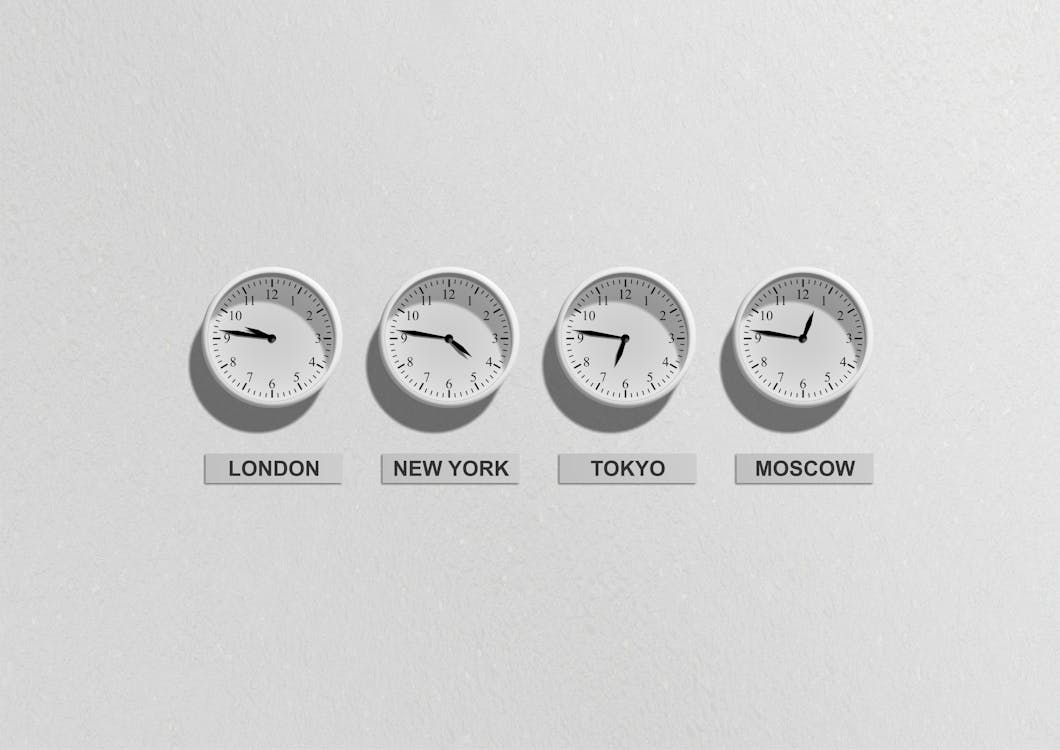China is known as the “King of Copycats,” but why do Chinese businesses copy everything? Almost everything that comes from the West appears to be copied by Chinese companies – sometimes with only a minor change or two. King of Copycats China, Why china is copying everything?
This has caused great frustration among Western business owners who are unable to protect their intellectual property (IP) in China. In this article, we will look at the reasons for China’s copying culture and how to mitigate its effects.
Why do Chinese businesses replicate everything?
This tapped into 2500-year-old religious and cultural concepts that the key to learning was to copy slavishly the gurus of the past; word-for-word in the case of Confucius, or brush stroke by brush stroke in the case of ancient Chinese paintings that today even experts can hardly tell apart. The fifth-century Chinese painter Hsieh Ho formulated six rules for painting, the last of which was “to convey and change by patterned representation,” or more prosaically, “to transmit by copying”.
In China to “learn” and to “copy” mean pretty much the same thing. The Chinese education system has long been based on rote learning rather than encouraging originality. Children are taught from an early age the “right” and “wrong” answers; breaking new ground was frowned upon. In the West, copying is seen as a form of cheating or inferior imitation, but in China, it has traditionally been a significant honor for both parties when a student can finally and faultlessly reproduce a teacher’s work.
Copying is therefore seen as a compliment in China, and while factory owners now know they are breaking Western-inspired laws by making “Chinagos” the possible fines they might incur is just another business expense. Deep down they don’t feel they’re doing anything wrong; they are honoring the great works of master builder Ernesto Colnago not demeaning them and him. (Ernesto Colnago begs to differ.)
They can bring new products to market much faster and at a lower cost if they copy existing products rather than developing them from scratch.
Another possibility is that Chinese firms do not fully comprehend or respect intellectual property rights. In China, there is a culture of ‘collectivism’ rather than ‘individualism,’ which may lead to the belief that copying others’ work is acceptable. China’s labor costs are also much lower than in developed countries.
Watch the full explanation
It may not be trustworthy, but a few companies in China aren’t mindful of the mental property laws in other nations. They may not know that they’re gathered to urge authorization sometime recently copying someone else’s item. Finally, there’s also the issue of advertising requests. In China, there’s a colossal craving for Western items and brands. But since livelihoods are moderately moo, numerous individuals cannot manage to purchase veritable items. So they turn to cheaper duplicates instep.
Do Chinese companies duplicate each other? Of course, they do. But Chinese companies are not the as it were ones that duplicate each other. In reality, all companies do it to a few degrees. The contrast is that Chinese companies appear to do it more transparently and on a bigger scale. There are a few reasons for this. To begin with, China could be an exceptionally competitive advertise. Numerous companies are competing for a limited number of clients. So, it isn’t astounding that they would duplicate each other’s items and concepts to remain competitive. Second, Chinese companies regularly need the investigate and improve assets that their Western partners have. This implies
that they are less likely to come up with unused thoughts on their possess, and more likely to duplicate the thoughts of others. Whatever the reason, Chinese companies must be more cautious about intellectual property rights. They could face serious legal consequences if they continue to copy everything without permission.
If you’re a businessman and your patent product got copied in china, Consult with a lawyer in your country who can review the paperwork provided by a Chinese lawyer to ensure its legitimacy.
Read this – https://mayathevoice.com/30-greatest-national-parks-in-the-world/




